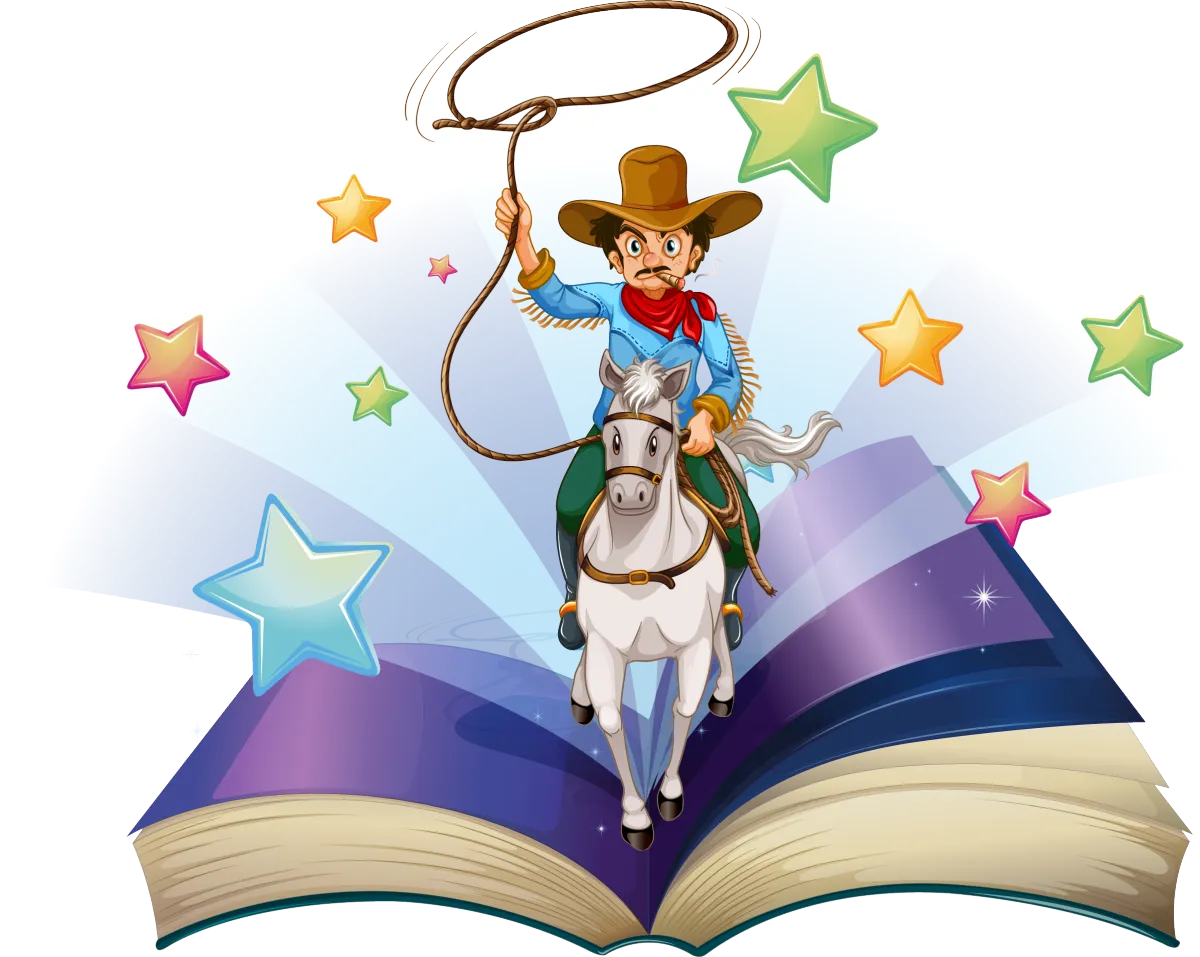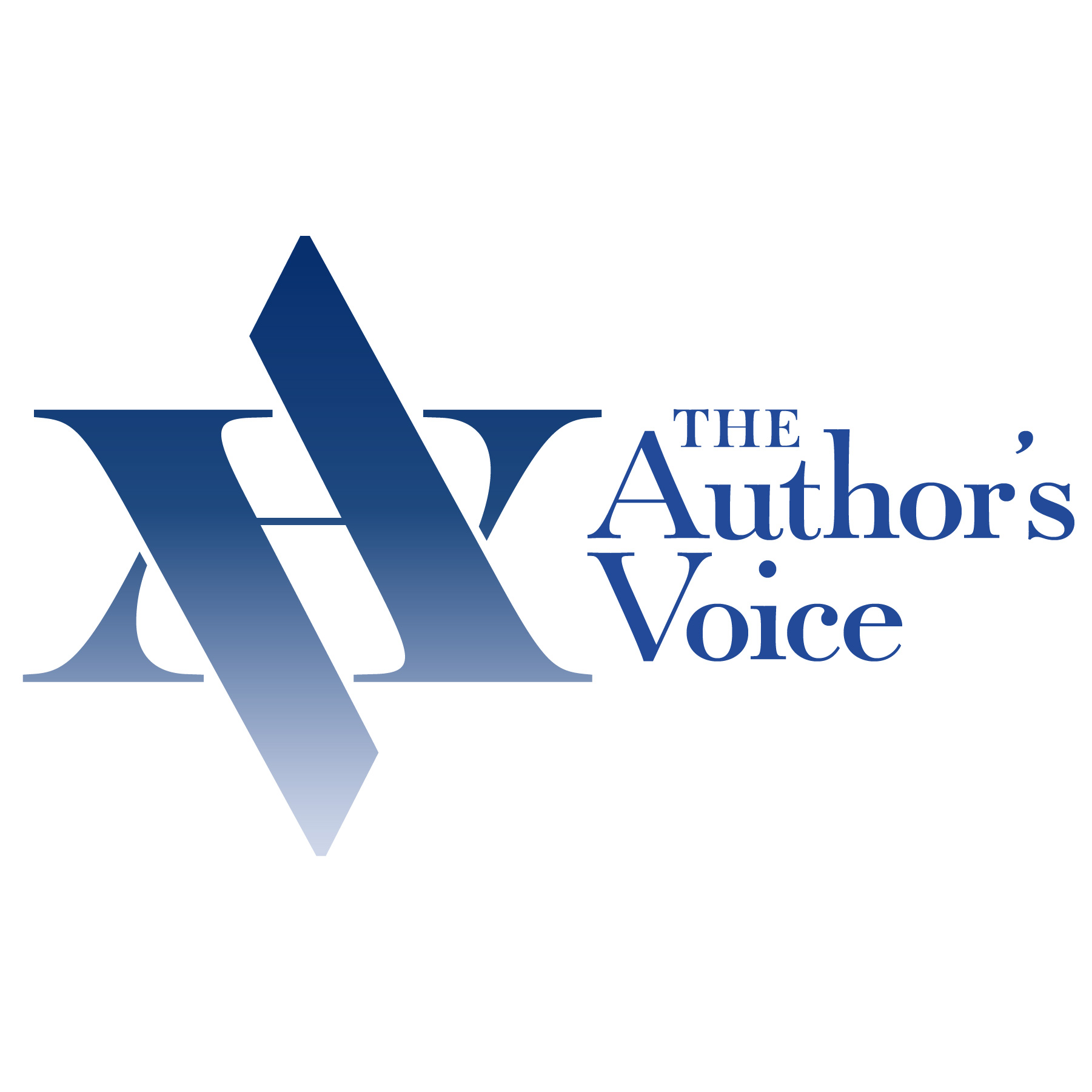
You bring the voice.
We'll help it echo.
PUBLISH BOLDLY
BUILD AUTHOR SUCCESS
WITH INTEGRITY
You have a story to tell. We’re here to help you bring it to life, polish it, publish it, and share it with the world. You’ve done the hard part. It’s time to make your voice heard.
We empower writers, authors, and speakers with the tools, guidance, and support they need to reach their publishing goals—no overwhelm, confusion, or costly missteps.
Where Writers Become Authors...
and Authors Build a Thriving Book Business
With decades of experience and a reputation for integrity, we offer services, AND we teach.
We collaborate and problem solve. We walk the writing, publishing, and marketing path with you.
Whether you’re writing your first book, launching your next one, or turning your words into a platform or business, you’ve found the one team that knows how to get you there—with clarity, confidence, and results.
The Author's Voice Association
TAVA For Authors
Connect with Professionals who know how and what needs to be done to provide the best, most affordable support for your entire book business. First book or 20th. Our TAVA Pros can help.


The Bottom Line
You Have Two Choices:
KEEP WAITING for the perfect time to write your book (spoiler alert, it doesn't exist), or
GRAB THE ROADMAP that professional authors and publishers use every day.
LET’S GET STARTED
Take the First Step
Publish Your Book
@ Copyright 2025 - The Author's Voice | All rights reserved | Privacy Policy



